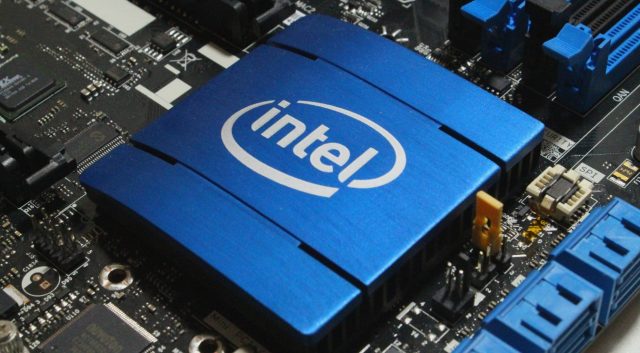Intel and Arm will enable chip designers to build chips on Intel 18A process

The collaboration will focus on mobile chip designs first, but allow for potential design expansion into automotive, Internet of Things (IoT), data center, aerospace and government applications.
Arm customers designing their mobile chips will benefit from Intel’s 18A process technology, which delivers new breakthrough transistor technologies for improved power and performance, and from IFS’s manufacturing footprint that includes U.S.- and EU-based capacity.
As part of its IDM 2.0 strategy, Intel is investing in manufacturing capacity around the world, including significant expansions in the U.S. and the EU, to serve sustained long-term demand for chips. This collaboration will enable a more balanced global supply chain for foundry customers working in mobile chip design on Arm-based CPU cores.
IFS and Arm will undertake design technology co-optimization (DTCO), in which chip design and process technologies are optimized together to improve power, performance, area and cost (PPAC) for Arm cores targeting Intel 18A process technology.
Once the biggest name in chips known as central processing units (CPUs), Intel has seen long seen its technological manufacturing edge blunted by rivals such as Taiwan Semiconductor Manufacturing (TSMC), the world leader in making chips for customers such as Apple, Reuters news report said.
Intel’s turnaround strategy hinges in part on opening up its factories to other chip companies, particularly those in mobile phones. Intel has said firms such as Qualcomm are planning to use its factories for future chip designs.
“There is growing demand for computing power driven by the digitization of everything, but until now … customers have had limited options for designing around the most advanced mobile technology,” Pat Gelsinger, Intel’s chief executive, said in a statement.
Arm, owned by SoftBank Group Corp, is a supplier of intellectual property to many chip companies, especially in mobile phones. Arm has partnerships with major chip contract manufacturers in place to ensure that its designs will work well on their manufacturing processes.
The partnership announced Wednesday is aimed at putting Intel on equal footing with TSMC and South Korea’s Samsung Electronics, the two companies that currently manufacture most of the world’s chips for mobile phones.








